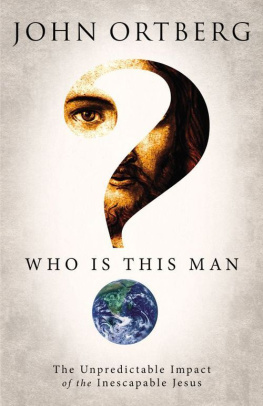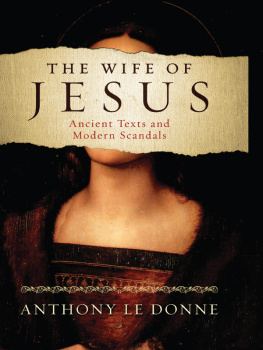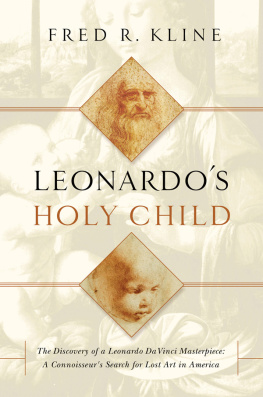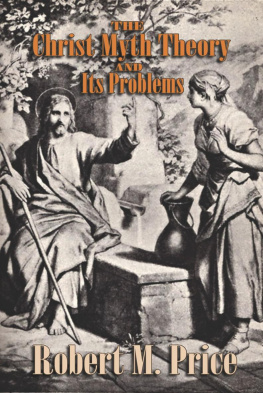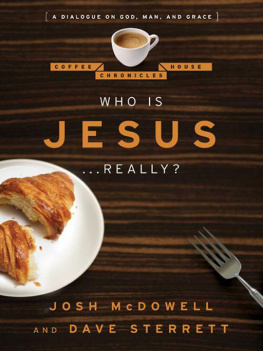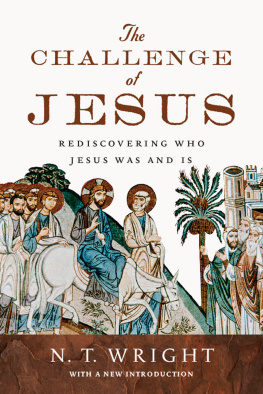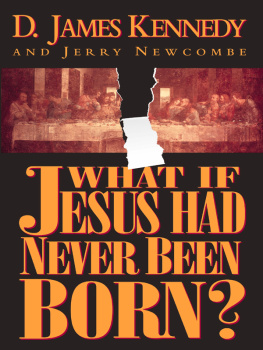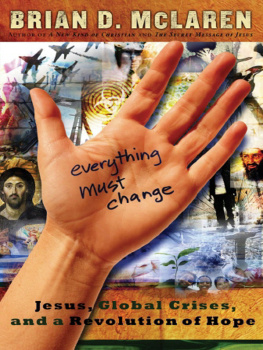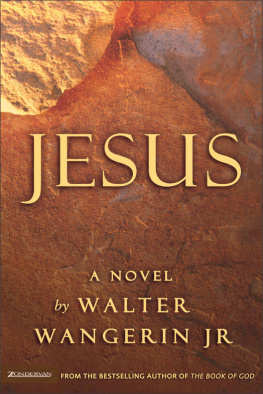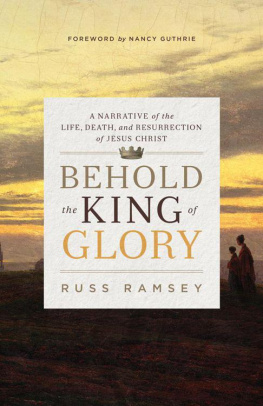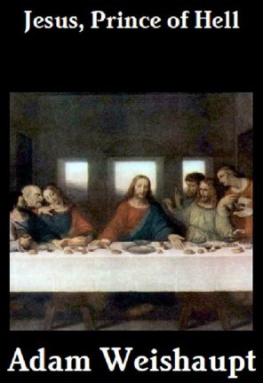Jesus Christ Jesus Christ. - Who is this man? : the unpredictable impact of the inescapable Jesus
Here you can read online Jesus Christ Jesus Christ. - Who is this man? : the unpredictable impact of the inescapable Jesus full text of the book (entire story) in english for free. Download pdf and epub, get meaning, cover and reviews about this ebook. City: Grand Rapids, year: 2012, publisher: Zondervan, genre: Religion. Description of the work, (preface) as well as reviews are available. Best literature library LitArk.com created for fans of good reading and offers a wide selection of genres:
Romance novel
Science fiction
Adventure
Detective
Science
History
Home and family
Prose
Art
Politics
Computer
Non-fiction
Religion
Business
Children
Humor
Choose a favorite category and find really read worthwhile books. Enjoy immersion in the world of imagination, feel the emotions of the characters or learn something new for yourself, make an fascinating discovery.
- Book:Who is this man? : the unpredictable impact of the inescapable Jesus
- Author:
- Publisher:Zondervan
- Genre:
- Year:2012
- City:Grand Rapids
- Rating:3 / 5
- Favourites:Add to favourites
- Your mark:
Who is this man? : the unpredictable impact of the inescapable Jesus: summary, description and annotation
We offer to read an annotation, description, summary or preface (depends on what the author of the book "Who is this man? : the unpredictable impact of the inescapable Jesus" wrote himself). If you haven't found the necessary information about the book — write in the comments, we will try to find it.
Jesus impact on our world is highly unlikely, widely inescapable, largely unknown, and decidedly double-edged. It is unlikely in light of the severe limitations of his earthly life; it is inescapable because of the range of impact; it is unknown because history doesnt connect dots; and it is doubled-edged because his followers have wreaked so much havoc, often in his name.
He is historys most familiar figure, yet he is the man no one knows. His impact on the world is immense and non-accidental. From the Dark Ages to Post-Modernity he is the Man who wont go away.
And yet . . .you can miss him in historical lists for many reasons, maybe the most obvious being the way he lived his life. He did not loudly and demonstrably defend his movement in the spirit of a rising political or military leader. He did not lay out a case that history would judge his brand of belief superior in all future books.
His life and teaching simply drew people to follow him. He made history by starting in a humble place, in a spirit of love and acceptance, and allowing each person space to respond.
His vision of life continues to haunt and challenge humanity. His influence has swept over history bringing inspiration to what has happened in art, science, government, medicine, and education; he has taught humans about dignity, compassion, forgiveness, and hope.
John Ortberg is a pastor at Menlo Park Presbyterian Church in Menlo Park, California. He is the bestselling author of When the Game Is Over, It All Goes Back in the Box; The Life Youve Always Wanted; and If You Want to Walk on Water, Youve Got to Get Out of the Boat. Now that their children are grown, John and his wife Nancy enjoy surfing the Pacific to help care for their souls. SPANISH BIO: John Ortberg es el Pastor principal de la Iglesia Presbiteriana de Menlo Park, en Menlo Park, California, con dependencias en Menlo Park, Mountain View y San Mateo. Ha escrito numerosas obras que han tenido una gran aceptacion, como La fe y la duda; El ser que quiero ser; Un amor mas alla de la razon; Cuando el juego termina, todo regresa a la caja; La mision fantasma; Dios esta mas cerca de lo que crees; Todos somos normales hasta que nos conocen; La vida que siempre has querido; Si quieres caminar sobre las aguas, tienes que salir de la barca; Vivamos divinamente la vida, y el plan de estudios multimedia Old Testament Challenge (con la colaboracion de Kevin Harney). John y su esposa Nancy tienen tres hijos.
Jesus Christ Jesus Christ.: author's other books
Who wrote Who is this man? : the unpredictable impact of the inescapable Jesus? Find out the surname, the name of the author of the book and a list of all author's works by series.

